Devastating Tragedy of WWII: Blockade of Leningrad and How Vladimir Putin’s Family Survived It
Posted by Lada Ray
Tomorrow is May 9th. HAPPY VICTORY DAY!
This post is part of the 70 YEARS OF THE GREAT VICTORY MARATHON
They say there was no family in the 250 million Soviet Union that didn’t experience a loss in the Great Patriotic War, usually referred to in the West as World War II. This is why the Great Victory celebrated on May 9th is called ‘a holiday with tears in our eyes.’
Leningrad, presently St. Petersburg, a city of unsurpassed beauty and treasures on the Neva River, was one of the hardest hit during that brutal war. It is one of the original four Hero Cities for the heroism and spirit displayed by its troops and citizens (later, more cities were given the Hero City title). The other three were Stalingrad, Moscow and Odessa. Each had a unique and devastating story to tell.
Among them, Leningrad stood out by the amount of tragedy, sacrifice and starvation inflicted on simple citizens through the inhumane blockade, which left the multi-million city without food for almost 900 days.
Odessa had a different story to tell. Due to the city’s location, its siege, perpetrated by Germany and Romania together, was punctuated with severe water shortage. Thirst, not hunger, was what killed people in southern steppes. During sieges of Stalingrad and Moscow the killers were bombs and bullets. But undeniably, the most devastating and tragic story of the entire WWII was the Siege and Blockade of Leningrad (Russian: блокада Ленинграда).
It is something Russians remember very well… even those of us who were born decades after, even those who had never been to Leningrad. It is imprinted in our collective psyche.
It is also something that unfortunately those who live in the US, Canada, EU, Poland or Germany probably could never understand. Perhaps that’s why they have such immature and cavalier attitude towards WWII, Russia’s role and sacrifice in it. Or perhaps they are simply afraid of the Russian spirit and ability to withstand such hardship for the idea. Perhaps, this is why they need to do anything they possibly can to diminish and malign the country that saved the world from fascism.
Below is an excerpt from Wikipedia. I am usually very careful about quoting Wikipedia as much of its info is biased and inaccurate, to put it mildly. But this piece seems one of the few telling the truth. Link.
Wikipedia quote:
“The Siege of Leningrad, also known as the Leningrad Blockade (Russian: блокада Ленинграда, transliteration: blokada Leningrada) was a prolonged military operation undertaken by the German Army Group North against Leningrad—historically and currently known as Saint Petersburg—in the Eastern Front theatre ofWorld War II. The siege started on 8 September 1941, when the last road to the city was severed. Although the Soviets managed to open a narrow land corridor to the city on 18 January 1943, the siege was finally lifted on 27 January 1944, 872 days after it began. It was one of the longest and most destructive sieges in history and overwhelmingly the most costly in terms of casualties.
The capture of Leningrad was one of three strategic goals in the German Operation Barbarossa and the main target of Army Group North. The strategy was motivated by Leningrad‘s political status as the former capital of Russia and the symbolic capital of the Russian Revolution, its military importance as a main base of the Soviet Baltic Fleet and its industrial strength, housing numerous arms factories.[12] By 1939 the city was responsible for 11% of all Soviet industrial output.[13] It has been reported that Adolf Hitler was so confident of capturing Leningrad that he had the invitations to the victory celebrations to be held in the city’s Hotel Astoria already printed.[14] Yet, although various theories have been forwarded about Nazi Germany‘s ultimate plans for Leningrad, including renaming the city Adolfsburg (as claimed by Soviet journalist Lev Bezymenski) [15] and making it the capital of the new Ingermanland province of the Reich in Generalplan Ost, it is clear that Hitler’s intention was to utterly destroy the city and its population. According to a directive sent to Army Group North on 29 September, “After the defeat of Soviet Russia there can be no interest in the continued existence of this large urban center. […] Following the city’s encirclement, requests for surrender negotiations shall be denied, since the problem of relocating and feeding the population cannot and should not be solved by us. In this war for our very existence, we can have no interest in maintaining even a part of this very large urban population.”[16] Hitler’s ultimate plan was to raze Leningrad to the ground and give areas north of the River Neva to the Finns.”
Piskariovskoye Cemetery
I visited Leningrad – St. Petersburg several times in my life. It truly is the most beautiful and impressive historic city in the world. I took the time to go to the Piskariovskoye Memorial Cemetery where the victims of the 872-day blockade found their final resting place. It’s a huge field filled with alleys, flowers, and rows and rows of granite stones listing the names of those buried underneath – 500,000 in total. The entire toll of the blockade was over 640,000.
The Piskariovskoye Cemetery museum has photographs, documents and diaries of those who perished. There was a girl’s diary that struck me most. The little girl named Tanya documented every day things like: “Auntie died today, my little brother died, mommy died.” Then her hand was getting less steady as more people around her passed. The final entry was, “Tanya all alone.” The girl Tanya was buried with others on that cemetery.
Immortal stories of the people’s spirit during the Leningrad Blockade
Leningrad is home to some of the most beautiful museums and architecture in the world, filled with treasured art, science and literature. When Germans advanced, workers of the museums and libraries tried to save their treasures, aided by locals and soldiers. A lot of priceless art from Leningrad museums was evacuated, some under severe shelling and German aviation bombings.
Leningrad is full of gorgeous bridges and statues. To attempt to save them from bombings, the starving, exhausted citizens would wrap the statues in anything protective they could find, often building protective shields around them. That way they saved for posterity many, many priceless works of art.
Anichkov Bridge: one of the four Horse tamers, famous St. Petersburg statues saved from destruction in WWII
See my post for more great pics of the magnificent Leningrad treasures saved for posterity: Tsars, Oligarchs and Imperial Treasure: ST.PETERSBURG, RUSSIA.
The great Russian composer Dmitry Shostakovich survived the Leningrad Blockade and wrote some of his most striking music during that time. He refused to leave his city; during the blockade, Shostakovich along with other artists, would play for the starving people and troops. These radio concerts would be broadcast via loudspeakers placed all over the city, bringing hope and lifting the morale.
Shostakovich – Symphony No 7: The LENINGRAD SYMPHONY, 1941 (Gergiev). The symphony became a symbol of anti-fascist resistance.
Amber Room
One of the most famous Leningrad treasures was the Amber Room, once given to empress Katerina Velikaya (Catherine the Great) by Prussian king – a feat which, according to historic accounts, bankrupted him. The Amber Room was so unique and beautiful that it was called the Eighth Wonder of the World. The value of the Amber Room? Simply priceless. The gorgeous, but fragile, amber panels were mounted onto a room at the Catherine Palace in the town of Pushkino, on the outskirts of St. Petersburg. Additional panels and paintings were created by Russian artisans in order to complete the room. The empress could sit in it for hours, forgetting about time and space. Anyone who saw the Amber Room is purported to have been awed by its beauty and otherworldly energy.
During the 1941 German advancement, the workers of the Catherine Palace museum managed to wrap up and evacuate practically all of the treasures. But they were afraid to move the fragile Amber Room, fearing it could get damaged if they tried to dismantle the panels. Instead, the decision was made to camouflage it by painting something on top of the panels and building fake walls around it. They hoped Germans would overlook the Amber Room.
When Pushkino was taken their hopes evaporated. Germans arrived with blueprints and drawings. They brought specialists with them, ready to dismantle the treasure. They also arrived with transportation and packaging. They knew exactly where to find the Amber Room; in fact, taking the Amber Room was one of their major goals in Leningrad, orders coming directly from Hitler.
Some of you may know the story: the Amber Room was taken to Königsberg (now Kaliningrad) and stayed there until Soviet troops approached the city. Then it was loaded onto a ship, which may, or may not have, drowned. The Amber Room vanished to never be seen again. Its mystery remains unsolved.
Several years ago the Russian artists and scientists completed the painstaking duplication of the Amber Room, after many years of research and work. The Amber Room 2.0 is now open to the public.
The magnificent Amber Room 2.0. More pics in Tsars, Oligarchs and Imperial Treasure: ST.PETERSBURG, RUSSIA
How Vladimir Putin’s Family Survived the Siege and Blockade of Leningrad
Excerpts from Nemo’s own translation of the original story by
the President of the Russian Federation, Vladimir Vladimirovich Putin, published in Russian Pioneer 4/30/2015
Read the entire post: “Life is such a simple, yet cruel thing”
“Father worked at a military enterprise when the war started, being exempt from conscription. But he wrote an application to join the party, and then another application – that he wants to go to the front. He was dispatched to the subversive detachment of the NKVD. It was a small detachment. He said that there were 28 people in it, and they were deployed behind the enemy lines to carry out acts of sabotage, undermine bridges, railway tracks… But they were almost immediately ambushed. Someone betrayed them. They came to a village, and then went out, and when after a while they returned, the Nazis were already waiting for them there. They were chased through the woods, and father survived because he climbed into a swamp, and spent a few hours in that swamp, breathing through a reed. While sitting in the swamp and breathing through the reed, he heard how the German soldiers were passing nearby, just a few steps away from him, how the dogs were yapping…
It was the beginning of autumn, in other words – already cold… I also remember how he told me that the leader of their group was a German. A Soviet citizen, but a German.
And here’s what’s curious: a couple of years ago, the archives of the Defence Ministry handed me the case of this group. There is a copy of the case in my home, in Novo-Ogaryovo. A list of the group, names, patronymics and brief descriptions. Yes, 28 people. And at the head – a German. Everything as it was told by my father.
Of the 28 people, only 4 crossed the front line back to ours. 24 were killed.
They were re-assigned to the active army, and sent on to Nevsky Pyatachok. It was probably the hottest place during the whole of the Leningrad Blockade. Our troops held a small bridgehead. Four kilometres in width and some two kilometres in depth. It was supposed to be a springboard for the future breaking of the blockade. But it never got used for this purpose. They broke through the blockade elsewhere. Still the spot (Nevsky Pyatachok) was held, held for a long time, there was heavy fighting there. Very heavy. There are commanding heights above and all around it, it’s shot at throughout. The Germans were, of course, also aware that it’s there that a breakthrough may be attempted, and tried to simply erase the Nevsky Pyatachok off the face of the earth. There is data about how much metal there is in each square meter of the land. There’s still metal all over the place there.
Father explained how he was wounded there. The wound was heavy. All his life he lived with shrapnel in his leg: not all fragments could be taken out. The leg ached. Foot didn’t bend since then. The medics preferred not to touch the small fragments so as not to shatter the bone. And, thank God, the leg was saved. They could, after all, amputate it. He got a good doctor. He had the second group disablement. As a disabled veteran, he was eventually given an apartment. It was our first separate apartment. A small two-room apartment. (Translators remark: Before that the Putins lived in a communal apartment, where several families share the facilities, corridor and kitchen, and sleep in separate rooms.) However, before that we lived in the centre and now we had to move. True, not quite to the outskirts, but to a new-built area. And it happened, of course, not immediately after the war, but when I already worked in the KGB. I was not given an apartment then, but my father finally got his. It was a great happiness. And here’s how he was wounded. He, together with a comrade, did a little sortie into the rear of the Germans, crawling, crawling… And then it becomes both funny and sad at the same time: they got to a German bunker, and, father said, out of it comes a man, a huge guy, and looks at them… and they couldn’t get up while they were staring into the barrel of a gun. “The man – he says – looked at us very carefully, then he took out a grenade, then another, and threw those grenades at us. Well… ” Life is such a simple, yet cruel thing.
By chance, father’s neighbour from Peterhof was nearby. And that neighbour pulled him over without hesitation and managed to drag him to the hospital. The neighbour waited for him at the hospital, made sure that he was operated, and said, “All right, now you’re going to live, and I am off to die.”
My mother told me how she visited father at the hospital. They had a small child, a three-year-old. At that time there was blockade, hunger… My father would give her his hospital ration, secretly from doctors and nurses. She hid it, took it home and fed the child. When father began to faint from hunger in the hospital, doctors and nurses understood what was happening and didn’t allow her to visit any more.
And then the child was taken away from her. It was done, as she later explained, in a compulsory fashion in order to save small children from starvation. They were collected to the orphanages for further evacuation. Parents were not asked.
He fell ill there – my mother said that it was with diphtheria – and didn’t survive. They were not even told where he was buried. They have never learnt where. And then, last year, completely unfamiliar to me people worked on their own initiative through the archives and found documents about my brother. And that’s really my brother. Because I knew that they lived then, after fleeing from Peterhof from the advancing German troops, at their friends’ place – and I even knew the address. They lived, as we call it, on the Water Channel (Vodnyj Kanal). It would be better to call it a “Bypass channel” (Obvodnyj Kanal), but in Leningrad it’s called “Water Channel”. I know for sure that they had lived there. And not only the address, where he was taken from, coincided. Name, surname, patronymic, date of birth coincided as well. It was, of course, my brother. And there was stated the place of burial: Piskaryovskoye Cemetery. And even the specific area was given.
Parents were told nothing of this. Well, apparently, other things had higher priority back then.
So, everything that my parents told about the war was true. Not a single word was invented; not a single day was moved. About my brother, about the neighbour, about the German, commander of the group. Everything matches. And all this got later confirmed in an incredible way.
After her child was taken away, mother was left alone. When father was allowed to walk, he stood up on crutches and went home. And when he came to the house, he saw that the medics were carrying corpses out of the entrance. And he saw my mother. He came up, and it seemed to him that she was breathing. He told the medics: “She’s still alive!” – “She’ll pass away along the way – said the nurse. – She won’t survive.” He told that he pounced on them with crutches and forced them to lift her back into the apartment. They told him: “Well, we’ll do as you say, but know that we will not come here for another two or three or four weeks. You’ll have to sort it out yourself then.”
He nursed her back to life. She survived and lived until 1999. He died in late 1998.
After the lifting of the blockade, they moved to the homeland of their parents, in the Tver oblast, and lived there until the end of the war. Father’s family was quite large. He had, after all, six brothers, and five of them were killed in the war. This is a disaster for the family. And my mother’s relatives also died. I was a late child; she gave birth to me when she was 41.
There was not a family where someone didn’t die. So much grief, misfortune and tragedy… But they had no hatred for the enemy, that’s what’s amazing. To be honest, I still cannot fully understand this. My mother was a very gentle, kind person… She said, “Well, what kind of hatred can one have toward these soldiers? They are simple people and also died in the war.” It’s amazing. We were brought up on Soviet books, movies… and hatred. But she somehow did not have it in her. And I remember very well her words: “Well, what can you have against them? They are also hard workers, just like us. They were simply force-driven to the front.”
I never forgot those words.”
Lada’s 2 cents:
It’s a tragic and beautiful story. There is only one thing on which I would disagree with President Putin. Quote: “We were brought up on Soviet books, movies… and hatred. But she somehow did not have it in her.”
Yes, we were brought up on Soviet books and movies, but not on hatred. My family didn’t have any hatred towards Germans either, although they lost a lot – see post. Neither do I. In fact, I personally love German culture and as a student I had two close German friends. It was a common thing. There was no hatred then, and there isn’t any now.
But there is memory – memory which must be kept at all cost. When those old Soviet movies were made, they were created by those who either experienced war themselves or those who remembered it from direct participants. There are fewer and fewer such people left today. We must do everything to preserve the real truth about those events in order to avoid this kind of madness in the future. This is why attempts by some to re-write history cannot be tolerated.
Related:
- Happy Victory Day, Fr. Merkel! My Open Postcard to the German Chancellor
- Comrades Roosevelt and Gregory Peck: When Hollywood Sent Its Scripts For Stalin’s Approval
- Crazy Asylum Overload: Ukraine Bans Communism – Goodbye Chinese Investments
- Ungrateful Europe. What would have happened should we push Hitler back just to our border
- All posts: 70 Years of Great Victory
- About Leningrad (St. Pete) and Odessa:
- Childhood Memories: Sun, Black Sea, Fun, Odessa…
- Tsars, Oligarchs and Imperial Treasure: ST.PETERSBURG, RUSSIA
- Odessa, The Pearl of the Black Sea
EARTH SHIFT REPORTS on Ladaray.info
Subscribe: LADA RAY youtube channel
About Lada Ray
Lada Ray is the creator of the EARTH SHIFT AND GREAT REBALANCING TEACHING, AS WELL AS QUANTUM CALIBRATIONS & MULTIDIMENSIONAL TEACHINGS! Author of several books, multiple Webinars, Quantum Reports, and more! ** Lada has extensively written and spoken on global events, world cultures, geopolitics, empire collapse, feng shui and higher consciousness. She is world-renowned for her accurate predictions, which are currently materializing one by one! ** The world is going through a massive tectonic shift of consciousness on all levels and in all aspects of life. Make sure you are prepared! Subscribe to Lada's blogs, SM and Patreon, to stay ahead of the curve and to learn the REAL DEAL! ** Main sites: LadaRay.com - ALL WORK, BOOKS, FREEBIES, BUY WEBINARS & REPORTS! ** LRP: Join long-term monthly subscription: Patreon.com/LadaRay - regular reports and articles, advanced intel, analysis, predictions ** Twitter @Ladatweets ** Blogs: FuturisTrendcast.wordpress.com - geopolitics and predictions - huge archives LadaRay/wordpress.com - books, writing, world cultures - big archives ** YouTube: Lada Ray ChannelPosted on May 8, 2015, in Russia, WWII & Great Victory and tagged 70th anniversary of the Great Victory, Amber Room, Anichkov Bridge, Catherine the Great, Dmitry Shostakovich, German fascism, Great Patriotic War, Hero cities of the USSR, Hitler, Leningrad, Leningrad Blockade, Leningrad Siege, Leningrad Symphony, May 9th, Moscow, Odessa, Odessa Siege, Piskariovskoye Cemetery, Plan Barbarossa, Romanian invasion of Odessa, Russian President Vladimir Putin, Soviet Army, Soviet Union, St Petersburg, Stalingrad, the Catherine Palace, Victory day, World War II. Bookmark the permalink. 9 Comments.
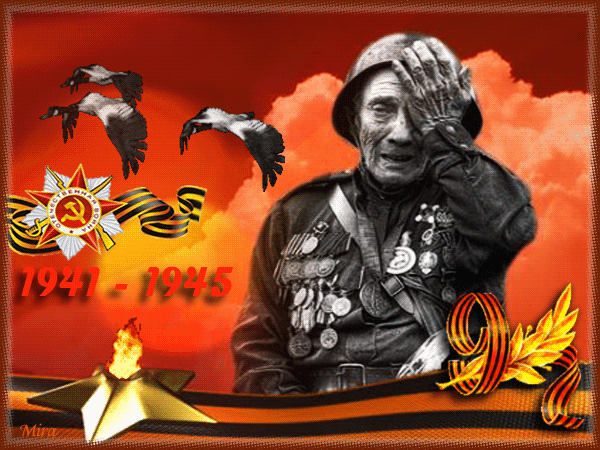
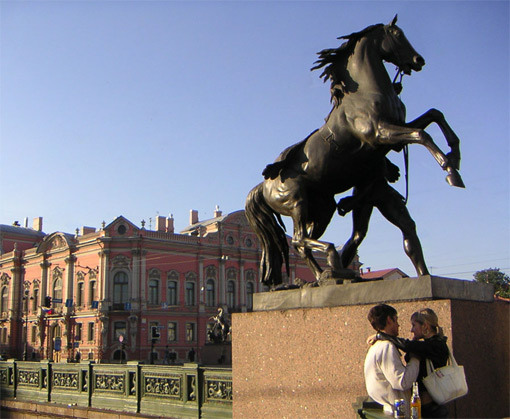
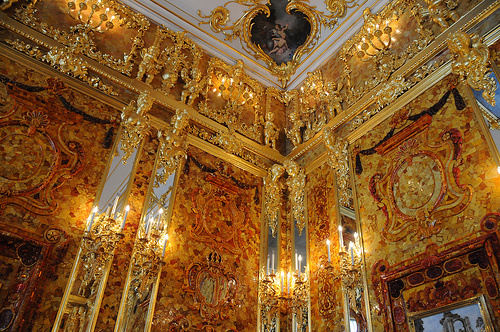

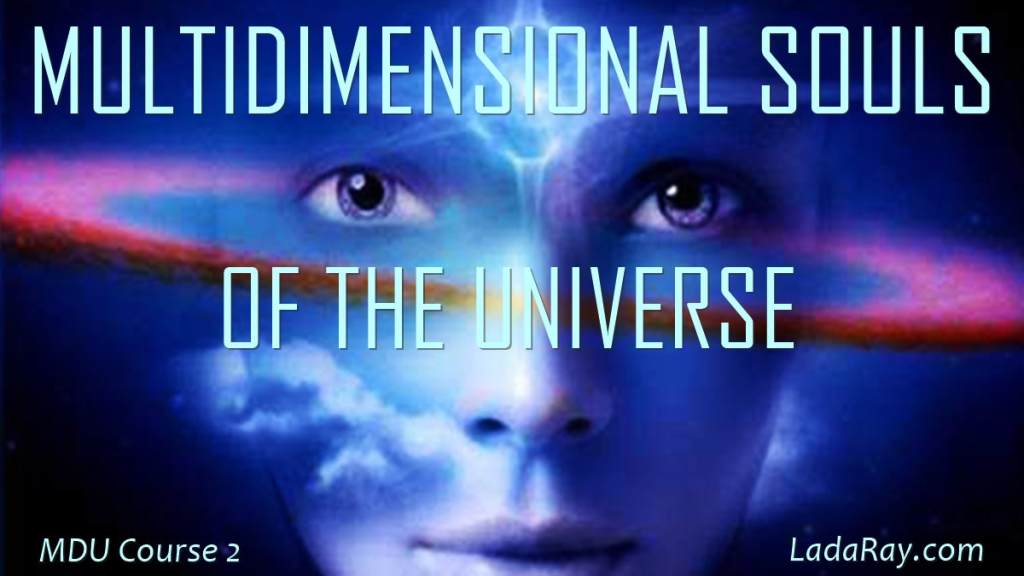


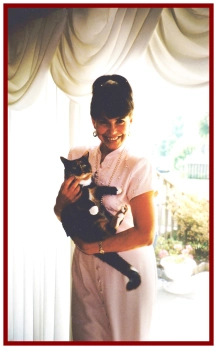


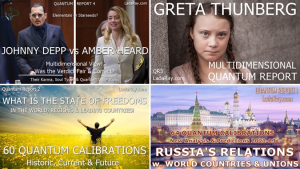

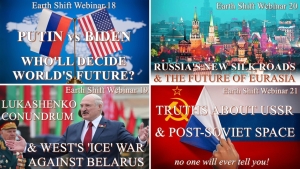


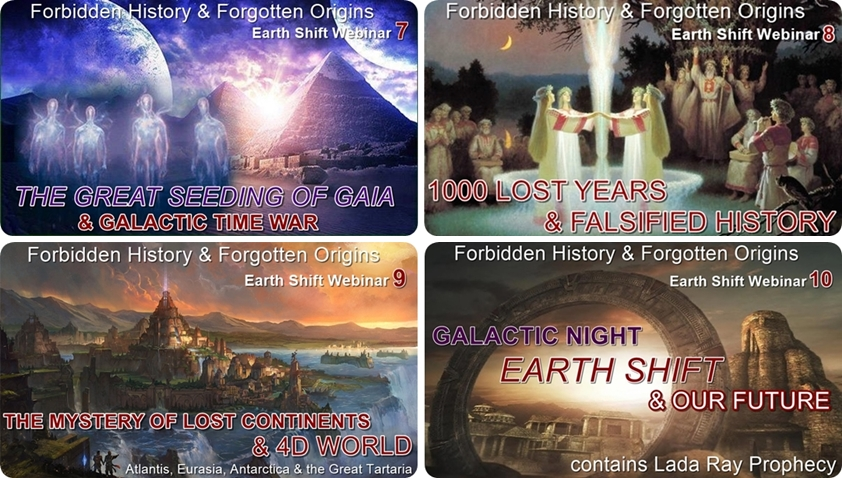



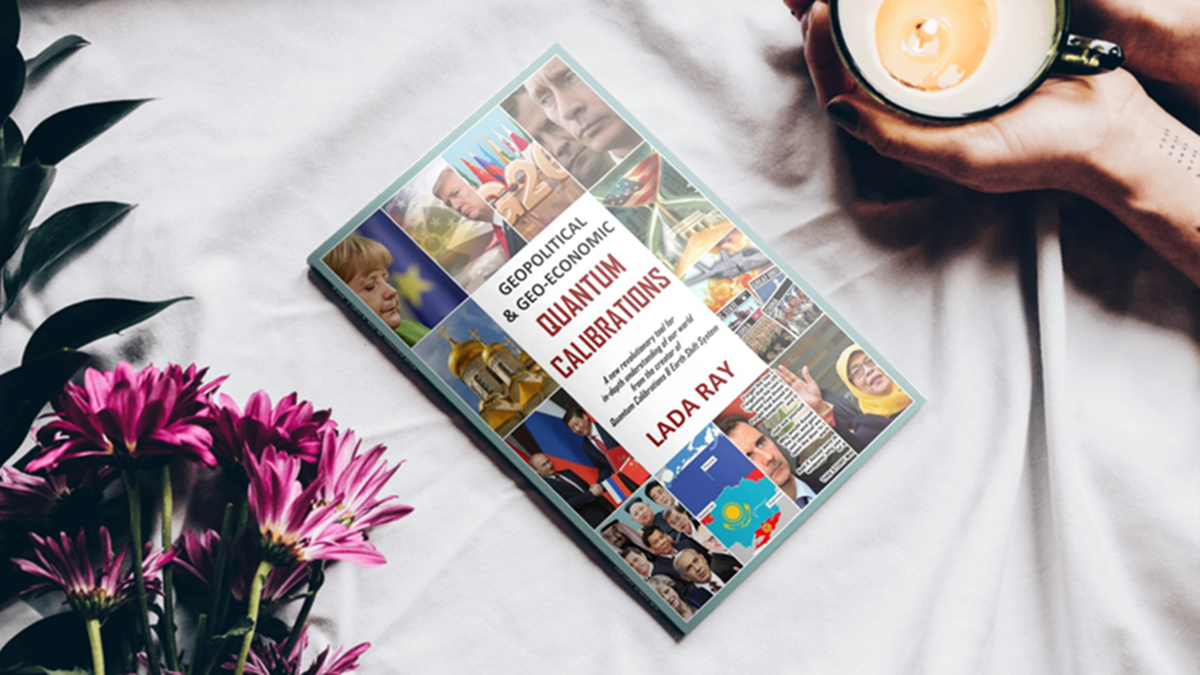

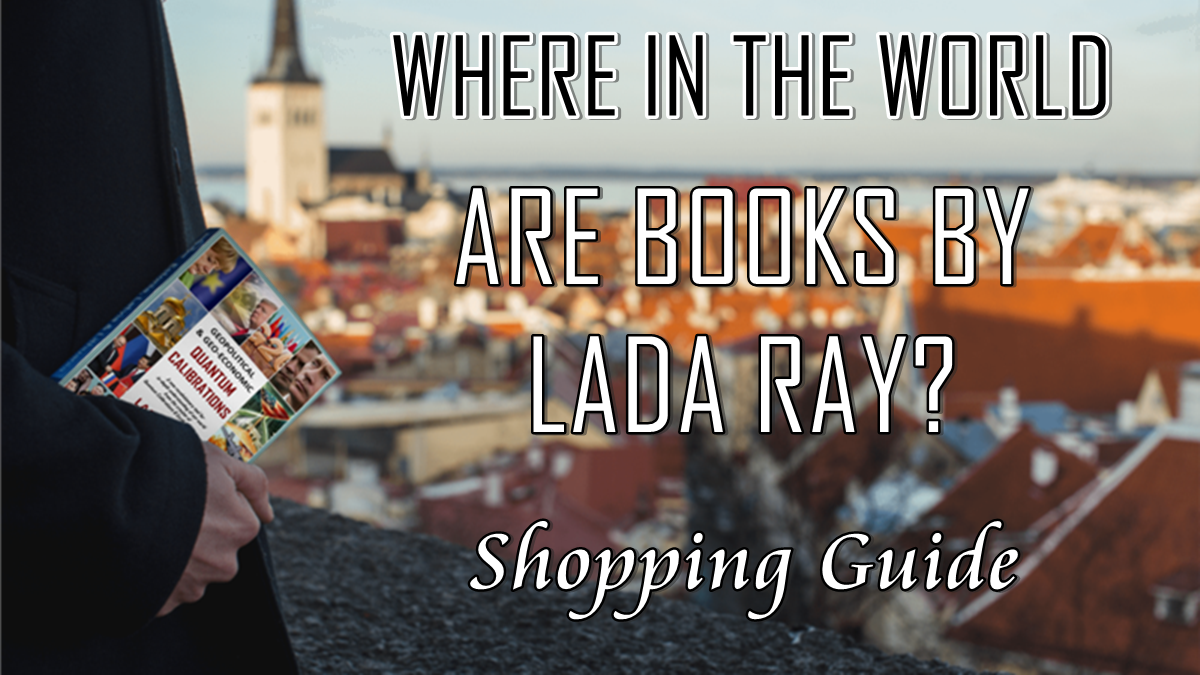
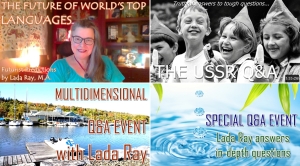




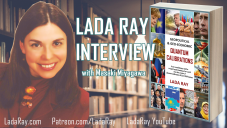


If they were really totally blockaded, how did they get any food at all?
LikeLike
Click on link and read Wiki page.
LikeLike
The problem is the West history is built on a tissue of lies. Always justifying their crimes by calling their victims criminals or denying them the right to commit their crimes even among themselves.
LikeLike
Shostakovich’s Leningrad Symphony was premiered in the US by the great Italian conductor Arturo Toscanini with the NBC Symphony. The manuscript for the symphony was smuggled out of Russia to the world. It’s one of the great interpretations of this work because of the freshness of it and the fact that the work became a symbol of the heroism of the people of Leningrad and that ultimately victory will come. The ending has got to be the most inspiring finale of any piece of music that I have ever heard. I personally consider this symphony the greatest of any and even surpassing Beethoven’s 9th symphony. That’s saying a lot! The Leningrad Symphony is truly a testament to the people of Leningrad and the Soviet Union/Russia. Although the sound of the 1942 recording is mono and is not as good as modern recordings, it’s good enough to get the spirit and the energy of it.
LikeLiked by 2 people
Reblogged this on Giftoftruth United.
LikeLike
Lada,
Can you comment on the degree to which the current ruling politicians and other power players, such as oligarchs, dislike Communism and Stalin in particular? You actually might want to do an article on the current view of Communism in Russia.
It seems that a lot of the current leaders, including Putin, have an unreasonably harsh attitude towards Communism and Stalin. For example, undoubtedly the USSR made a lot of mistakes in dealing with Eastern Europe after WWII, but do you really think the current elite would have done better? Stalin was probably too kind in dealing with the Western Ukraine, but I bet Putin would have done the same thing. A lot in the West wanted to keep the war going and to smash the USSR.
This isn’t meant to sound pro-Communist. It is just that there were a lot of people like Medvedev at some point who wanted to integrate with the West and become more Western, and one can understand this to a certain extent. But wasn’t the road China took a tremendously wiser way? Of course China isn’t a libertarian paradise, but neither is Western Europe.
LikeLiked by 1 person
Paul, this is a great idea. I understand exactly what’s going on from various perspectives, incl. psychological and geopolitical. Also, the real truth about USSR, about Lenin, Stalin and others was never really told. I constantly come up against the fact that ALL, both in the West and in Russia, are confused and conflicted. It’s very hard to explain things that I try to explain when there is such a turmoil and a matrix of lies in people’s heads.
I can’t write an article on that because I have too many pending projects already. But I have a proposal for you: if you want to take it on your show The Plane Truth, I could explain systematically, so people would a have a complete picture, what it was like living in the USSR, what Lenin and Stalin did and didn’t do, the real roles of Chrushchev, Brezhnev, Gorby and Yeltsin. Also, how present day elites think and why in regards to the USSR, and where all this is going. I have intel on how it may change soon.
You know that I am a big fan of your show and your manner of conducting the interview. If you want to take on this project and interview me, I do have a lot to say, but I would prefer this to be an interview. I hope your listeners would appreciate a show such as this. I think it would be a better format. Please let me know what you think. It might be possible in July or August.
LikeLike
Hi Paul,
I think that this year’s victory parade was a turning point in resurrecting the historic role of the USSR, the role of the Communist Party and in the future the role of Stalin. Watch the parade again and you’ll see the Red Banner very prominent with the hammer and sickle very clearly seen. The Russians don’t do anything by accident. Look at the opening march to the tune of “Sacred War” with the soldiers holding both the Red Banner and the national flag. This is very very important. This really has meaning.
I must admit that I have a very positive view of Stalin irrespective of the bad things he did. When I see documentaries of the war and view Stalin speaking to the nation with such power I get choked up. I can’t help it. I truly believe in the long term as generations become more detached from the time that Stalin ruled, he will be considered a real great leader who did two things: won the war as commander in chief and industrialized the USSR which allowed them to out produce Hitler in armaments. The winning of the war literally saved the Soviet Union/Russia and saved the world from Hitler. If it wasn’t for Stalin’s leadership we would be speaking German today. So the war was hands down THE event of the 20th century. End of story. Everything else including Stalin’s gulags pales in comparison to that event. History will be very good to him, I guarantee it. After all Peter the Great, Ivan the Great, Ivan the Terrible and Catherine the Great weren’t all innocent either. They all killed people and committed atrocities but you don’t hear much of that. Stalin will be the same.
Assuming that Putin will continue on this trend until he retires, he will be without doubt the greatest of Russian leaders. He, of course along with his team, has brought back Russia from the brink of suicide and his geopolitical moves are nothing short of stunning.
Paul please do a program on what Lada was talking about. I would love to hear Lada’s views on socialism, all the previous Russian/Soviet leaders, communism, etc. If Lada’s interview is anything like her “tour de force” report on the Ukrainian oligarchs, we’re in for a treat. I hope she has some great stories to tell like her one on the infamous Victoria Nuland’s behavior as a young girl.
LikeLiked by 1 person
Gary, one remark about the Russian leaders of the past, that you listed, and particularly about Ivan the Formidable (who is intentionally mistranslated as Ivan the Terrible). There are a lot of lies and demonisation about them floating around. And the same pattern is being repeated now. You should watch the following documentary, that I translated last year:
http://stanislavs.org/black-myths-about-rus-from-ivan-the-formidable-until-our-time/
And here is a fragment, that is of specific interest:
11:42
Pictures of public executions is a common theme for engraving depicting the life in Russia. Here is Ivan personally observes the cruel executions. And here is he torturing people himself. Only hooves and horns are missing from the image of the Russian monarch to complete the picture. (translator: alluding to Devil). Ivan is, of course, not an ideal ruler, and different things did happen. But let us compare him to his contemporary monarchs. By historians’ counts, over the 30 years of Ivan’s rule in Moscovia, there were executed about 4,000 people (translator: only 133 executions per year – far less than in many modern countries, and definitely less than the number of victims from USA’s and UK’s democratic bombings). Only during one singe night of massacre de la Saint-Barthélemy in 1572 in Paris, at least 20,000 people were knifed.
12:23 (Vjacheslav Manjagin, writer, historian)
Tens or hundreds of thousands of victims [in Europe] is OK, and in our country, 4,000 is completely unnormal, he’s labelled a tyrant and despot.
12:31
The scale of any event can be comprehended only in comparison. During the reign of Henry VIII at approximately the same time, 72,000 people were executed in the civilised Britain – about 2.5% of the total population of the country. During Queen Elisabeth – 89,000 people. In 1525 in Germany, during a suppression of a peasant revolt, more than 100,000 people were executed. And these people were giving the Russian tzar lessons in humanism.
13:01 (Vjacheslav Manjagin, writer, historian)
In all his letters in testaments, Ivan the Formidable always repented “I am so bad, I let so so many die. Oh, woe me. I’ll go to church and offer a prayer in their names, listing their names on paper.” So it’s understandable, if the man says that he is a murderer, then murderer he must be. While if 30,000 are killed elsewhere [in Europe], that’s fine, it was done in order to serve God.
LikeLiked by 1 person